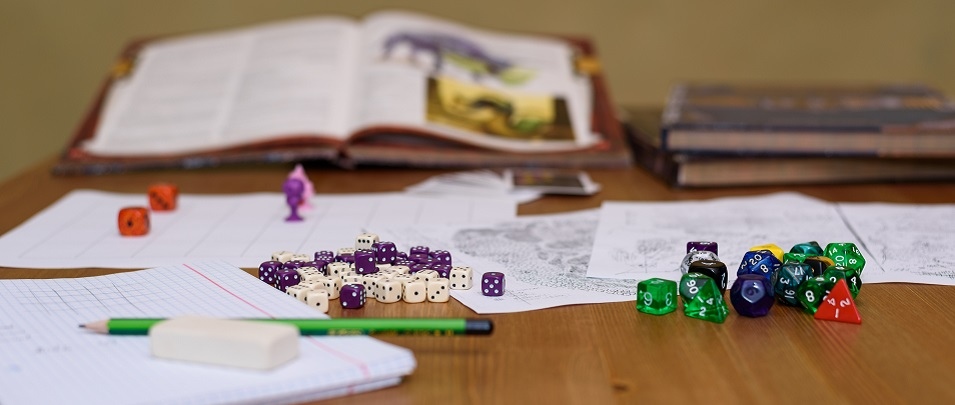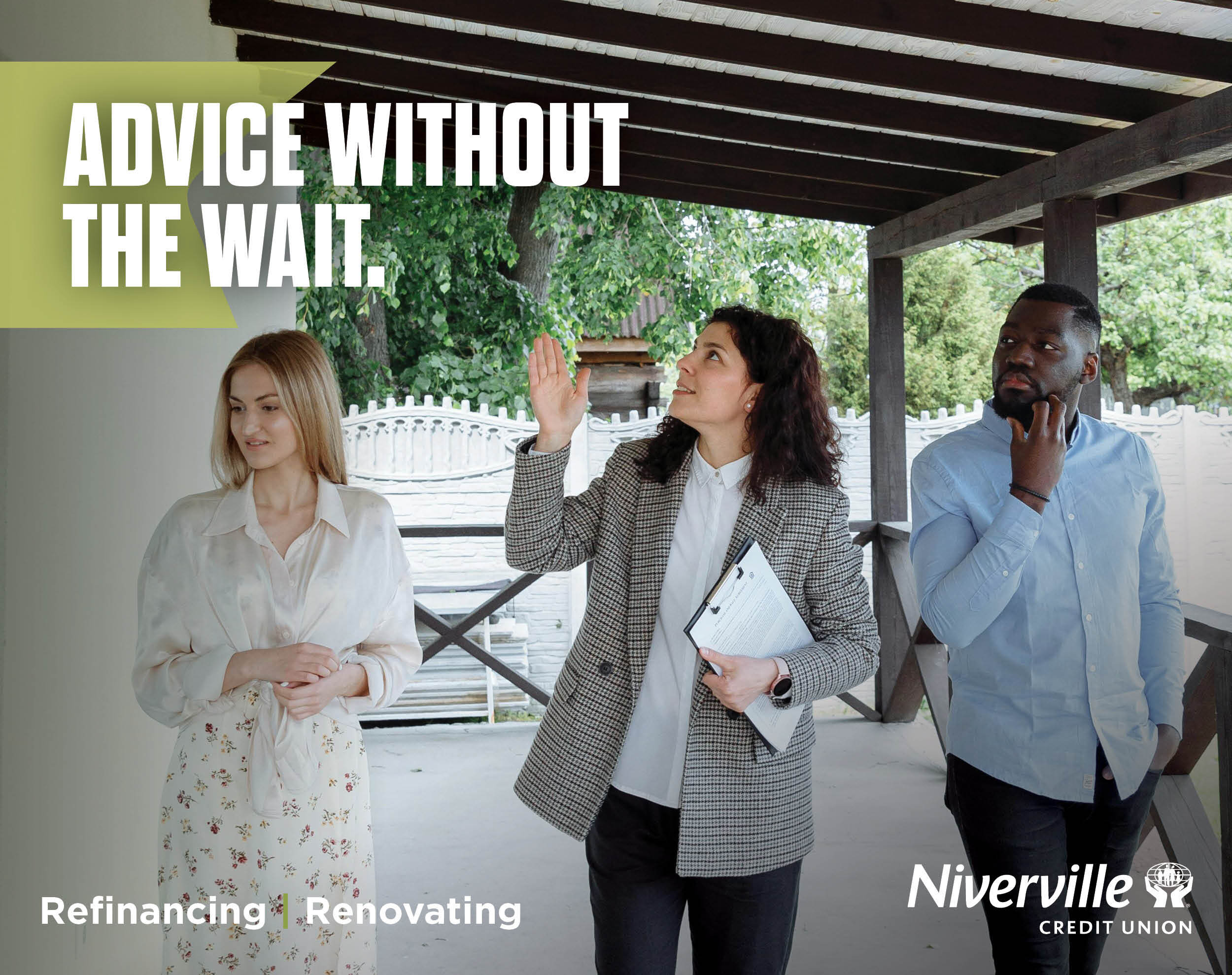
“Keep your feet on the ground. Keep your head out of the clouds.” Some of us may have heard admonishments like this when we were young. The implication, of course, is that the real world—the world of jobs, and taxes, and indoor plumbing—is the important world. It is the world you should be paying attention to.
By contrast, worlds of fiction and of fantasy are thought to be less important. It seems to be common knowledge that spending too much time in fictional worlds, whether in books, television, film, or role-playing games, can prevent us from engaging properly with the real world, which is of course detrimental, especially to children.
Not so.
Fortunately, what we’ve learned about human psychology shows us that spending time in fictional worlds may not only be harmless, it may also produce surprising benefits for our mental health and personal development.
Psychologists have confirmed a foundational truth that lovers of literature have known for generations: becoming immersed in a fictional world is good for you. The research indicates that exposure to fiction and fictional characters increases our empathy and broadens our social skills, as it requires us to experience a story from the characters’ points of view—points of view necessarily different from our own.
When characters are significantly different from ourselves, exposure to their stories can even have the effect of reducing our internal prejudices. This is one of the reasons that representation in media of individuals from a wide variety of races, religions, and sexual orientations is so very important.
And these positive impacts aren’t limited to fiction.
For more than 40 years, people of all ages have picked up pencil, paper, and dice to engage in the collaborative storytelling game known as Dungeons and Dragons (or D&D for short). D&D, and other role-playing games like it, require players to partner with a leader (typically called a game master or dungeon master) who guides them through a story where their choices—combined with randomized elements produced by dice rolls—determine the outcome.
From a small company in Wisconsin to a multimedia empire that includes video games, films, and a library’s worth of books, D&D has evolved into a pop culture phenomenon.
While in years past D&D has been seen as a “nerdy” pastime, only suitable for individuals who are unable to play sports or do other stereotypically normal activities, in recent years it has hit the big-time. YouTube and other streaming services clock millions of views on wildly popular shows where players both ordinary and famous play D&D for the enjoyment of others, including the likes of Vin Diesel and Stephen Colbert. The game even made an appearance on Netflix’s popular Stranger Things series.
D&D, and other tabletop role-playing games, have officially left the basement to become a mainstream form of entertainment.
Since the popularity of D&D and other pastimes like it is relatively new, the research on its psychological effects is still developing. However, what we have learned is universally positive.
Playing D&D and similar games has been connected with improved creativity, problem-solving skills, and interpersonal skills. There is also evidence that individuals who aren’t neurotypical—people with autism, severe ADHD, or developmental disorders—can benefit from D&D and other role-playing games as it gives them opportunities to practice social skills in a virtual setting where failure doesn’t come with real-life consequences. D&D has been used in this way with both children and adults to great effect.
Others have found that D&D can play a part in their healing process for mental health issues. Role-playing games have been shown to improve symptoms of depression or anxiety. They have even been used as therapy tools by cognitive behavioural therapists. Several organizations, including Game to Grow, Take This, and The Bodhana Group exist to help promote and support the use of role-playing games in clinical settings.
And if the countless stories in the D&D community are any indication, many people have found the problem-solving and collaboration aspects of the game to positively contribute to their mental health. This has been especially true during the pandemic, when online and virtual D&D groups have skyrocketed in popularity. These role-playing present a new way for us to connect.
To be fair, there have been criticisms of D&D in the past. In the 80s and 90s, there was some concern that role-playing games would lead to psychological damage, moral degradation, or even satanic involvement.
However, every bit of evidence suggests the opposite. Researchers from the Department of Psychology at the College of Charleston found that by engaging in the complex “social dilemmas” present in role-playing games—that is, by solving problems together while acting out the roles they choose to play—players show improved moral development.
This suggests that role-playing games can serve as a training ground to help people determine how to solve social dilemmas in their real lives. This is an especially important process for child and adolescent development. Playing pretend, at any age, seems to be good for developing our “real-life” characters.
The evidence about Dungeons and Dragons is clear—it, and role-playing games in general, can produce tangible mental health benefits. By solving imaginary problems, we help ourselves feel capable enough to solve our real problems. By overcoming adversity as an imaginary character, we help ourselves imagine how to overcome adversity in our own lives.
While the real world is quite important, and worth living in to the fullest extent, we should not neglect the imaginary worlds that help make us who we are.




















